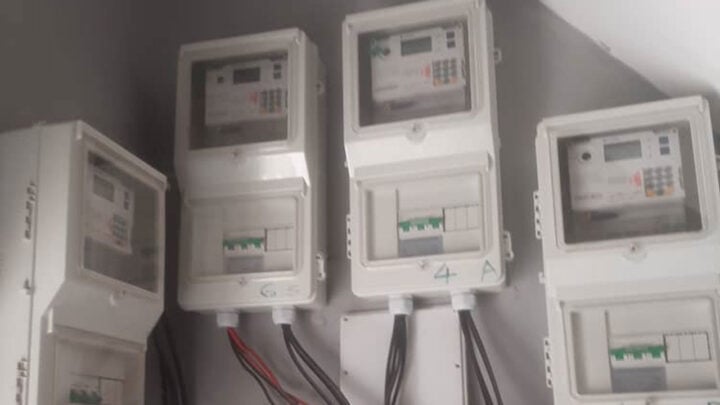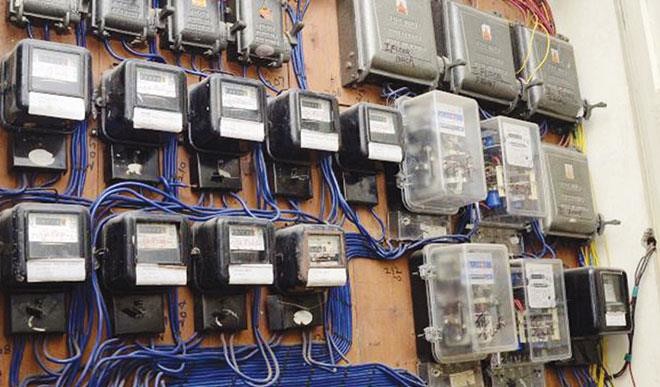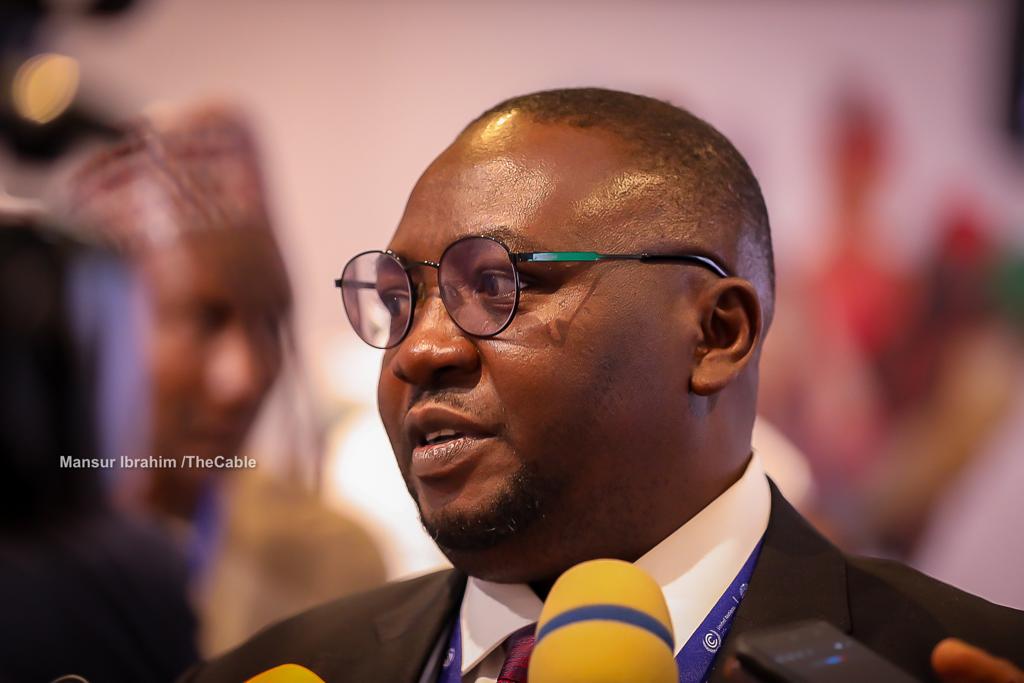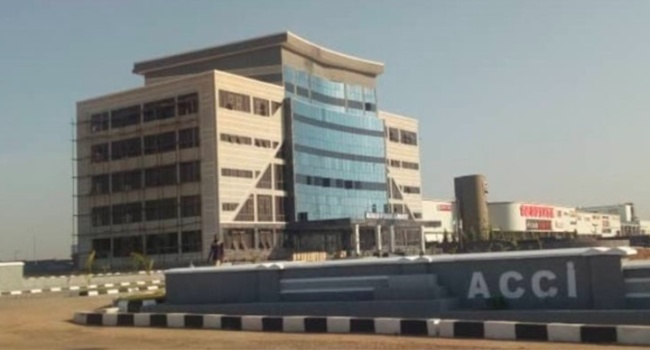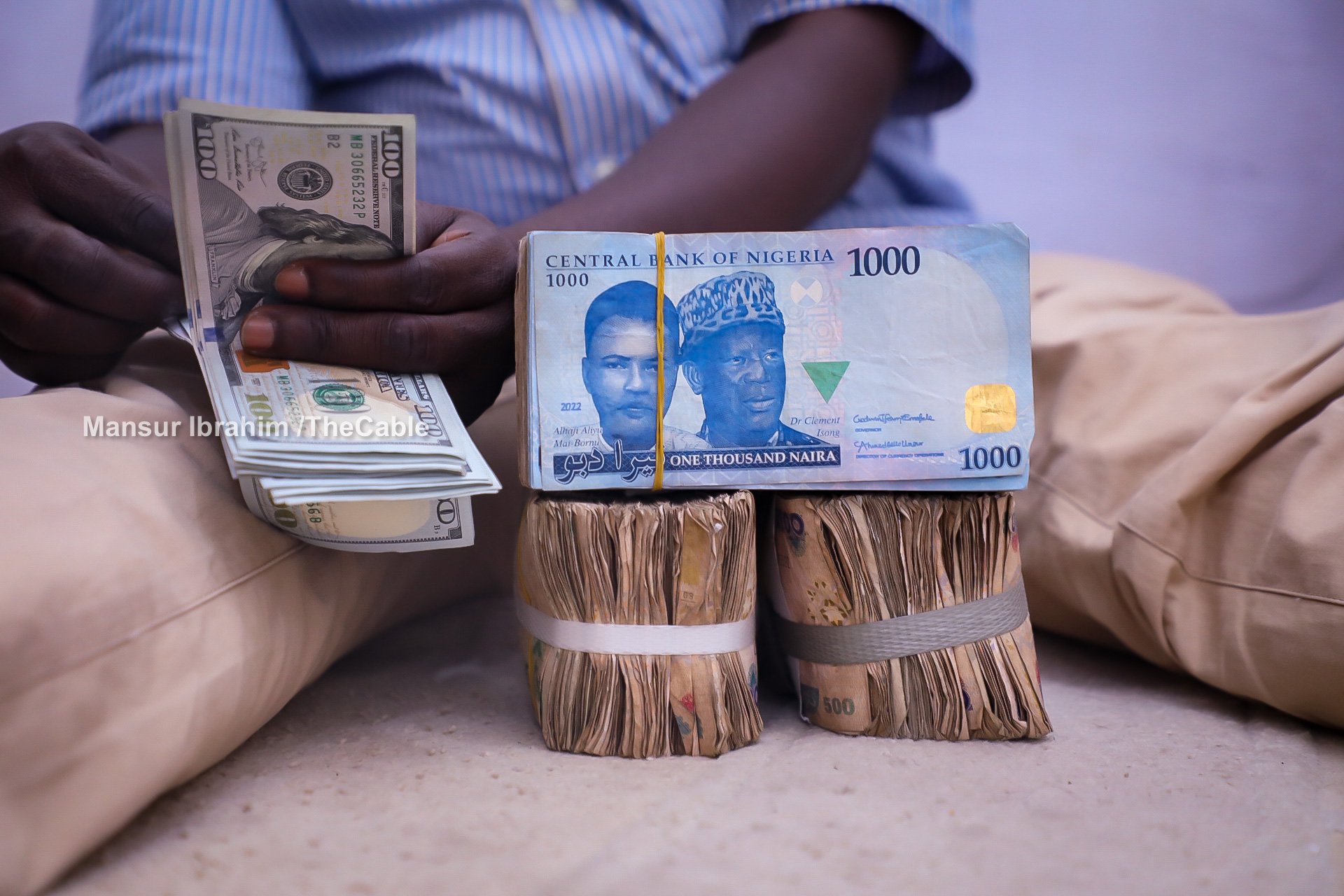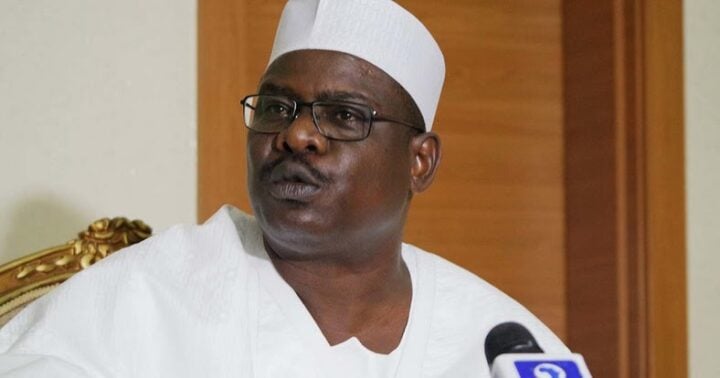On April 3, the federal government approved an increase in electricity tariff for customers under the Band A classification.
Musliu Oseni, vice-chairman, Nigerian Electricity Regulatory Commission (NERC), said customers under the classification, who receive 20 hours of electricity supply daily, will pay N225 per kilowatt (kW), starting from April 3 — up from N66.
He said the new rate is just about three times the existing rate.
Since the development, some Nigerians have raised concerns and worries over the review.
Advertisement
The 240.9 percent increment in tariff, according to NERC, will reduce the electricity subsidy for 2024 by about N1.14 trillion.
As distribution companies (DisCos) commence the implementation of the new tariff, here are things you should know about the adjustment.
WHAT ARE THE CLASSES OF BANDS
Advertisement
There are five bands according to NERC. They include Band A, B, C, D and E.
Under Band A, customers are entitled to a minimum of 20 hours per day.
For Band B, these are customers with a minimum of 16 hours of light per day.
Band C are customers who have access to a minimum of 12 hours per day.
Advertisement
In category D, customers are given a minimum of 8 hours of electricity per day.
Lastly, the Band E customers have access to a minimum of 4 hours per day.
A further breakdown of customers in each band service level feeders includes non-maximum demand (MD) comprising customers with single or three-phase connections.
Next are MD1 customers who have low-voltage maximum-demand connections, while MD2 are customers with medium voltage/high voltage maximum demand (11/33kV) connections.
Advertisement
To know your band, visit your DisCo’s website and follow these steps;
- Visit www.ikejaelectric.com
- Click on customer service
- Click on customer feeder information
- Click on customer feeder verification
- Enter your account or meter number to verify your feeder details.
WHO DOES THE NEW TARIFF AFFECT?
Advertisement
The new tariff does not affect Bands B (N63/kw), C (N50/kw), D (43/kw), and E (40/kw).
According to NERC, the upward review in tariff only affects Band A.
Advertisement
Customers under this category who were previously allowed to pay N68 per kilowatt are now expected to pay N225 per kilowatt beginning from April 2024 until December 2024 and all DisCos have begun implementation.
INFLATION, FX RATE AS KEY FACTORS BEHIND HIKE
Advertisement
NERC said key indices were put into consideration resulting in the upward review of the tariff for Band A.
According to their multi-year tariff order (MYTO), one major factor considered is the exchange rate.
The DisCos adopted the foreign exchange rate of N1,463.31/$ from April 2024 to December 2024 — despite the dollar trading below N1,300 in the official market.
“This has been determined by adding a 1% transaction cost to the average foreign exchange rate of N1,448.82 during the period of 19th 25th March 2024 as obtained from the website of the Central Bank of Nigeria (“CBN”) in line with the MYTO methodology,” the DisCos said.
The distribution companies also based their review on the inflation rate.
“The inflation rate of 31.70% for February 2024 as published by the National Bureau of Statistics (“NBS”) is applied to revise the Nigerian inflation rate projection for 2024,” the report added.
Also, the United States inflation rate was examined and based on the data published by the United States Bureau of Labor Statistics, the US inflation rate of 3.20 percent for February 2024 is applied to revise the US Inflation rate projection for 2024.
GENERATION CAPACITY
The electricity regulator also based the tariff review on the available generation capacity.
Considering the periodic reports from the system operator, the review maintains the January 2024 projection of an average offtake of 603 megawatts per hour (MWh/h) by Ikeja Electric (IE) in 2024, Abuja Electricity Distribution Company (AEDC) used 611MWh/h, Kano Electricity Distribution Company (KEDCO) used 268MWh/h, Port Harcourt Electricity Distribution Company (PHED) used 283MWh/h.
Yola Electricity Distribution Company (YEDC) used 113MWh/h, Kaduna Electricity Distribution Company (KAEDC) used 253MWh/h, Jos Distribution Company (JED) used 225MWh/h, and Ibadan Electricity Distribution Company (IBEDC) used 478MWh/h.
Also, Eko Electricity Distribution used 513MWh/h, Enugu Electricity Distribution Company (EEDC) used 268MWh/h, and Benin Electricity Distribution Company (BEDC) used 325MWh/h.
GAS TO POWER PRICES
A day before the hike, the Nigerian Midstream and Downstream Petroleum Regulatory Authority in line with Section 167 of the Petroleum Industry Act (“PIA”) 2021 established a new benchmark.
Gas producers were forced to increase the wholesale price of gas-to-power gas companies (GasCos).
The price surged by 11 percent, from $2.18 per million British thermal units (MMBTU) to $2.42/MMBTU.
The GenCos had been clamouring for an increase in the wholesale gas-to-power prices given the rise in the price of gas in the international market.
The benchmark gas-to-power price of $2.42/MMBTU took effect in April 2024.
NON-COMMITMENT TO ATTRACT SANCTIONS
NERC said where the DisCo fails to deliver on the committed level of service on a Band A feeder for consecutive two days, the DisCo should the next day by 10.00 am publish on its website an explanation of the reasons for the failure and update the affected customers on the timeline for restoration of service to the committed service level.
Also, where the DisCo fails to meet the committed service level to a Band A feeder for seven (7) consecutive days, the feeder shall be automatically downgraded to the recorded level of supply in accordance with the applicable framework.
The commission added that DisCos are mandated to continuously ensure upward migration of customers from the lower service Bands to Band A service level in line with the target of improvement in quality of service.
On April 5, NERC fined AEDC the sum of N200 million over tariff violations after a system glitch led the company to overcharge some Band A customers, who had already been downgraded to Band B due to the number of hours of electricity supplied over the past few weeks.
The customers were overcharged while trying to recharge their meters following the new tariff regime.
According to NERC, AEDC must reimburse affected customers by April 11.
‘STABILITY MAY TAKE TIME’
Speaking on the development, Abubakar Umar, an electricity market analyst said the review will “create more issues at initial stage before stabilising”.
Umar also said DisCos will now “be held accountable by people paying and they will be forced to improve supply which will earn them more liquidity to fund the upgrade of other band B feeders to band A and this will also improve overall liquidity in the value chain”.
He also explained that the commission adopted an average FX rate for the first quarter of 2024 to create an outlook on what may happen from April to December.
“If there is a significant movement in the exchange rate, it will trigger the recomputation of the tariff again,” Umar said.
“It has been stated by the commission in their supplementary order that any DisCo who fails to meet the required hours within 7 days will be downgraded to band B.”
Umar said NERC can enforce the order because the commission has the technology to monitor compliance.
Additional reporting by Janefrances Chibundu
Add a comment
